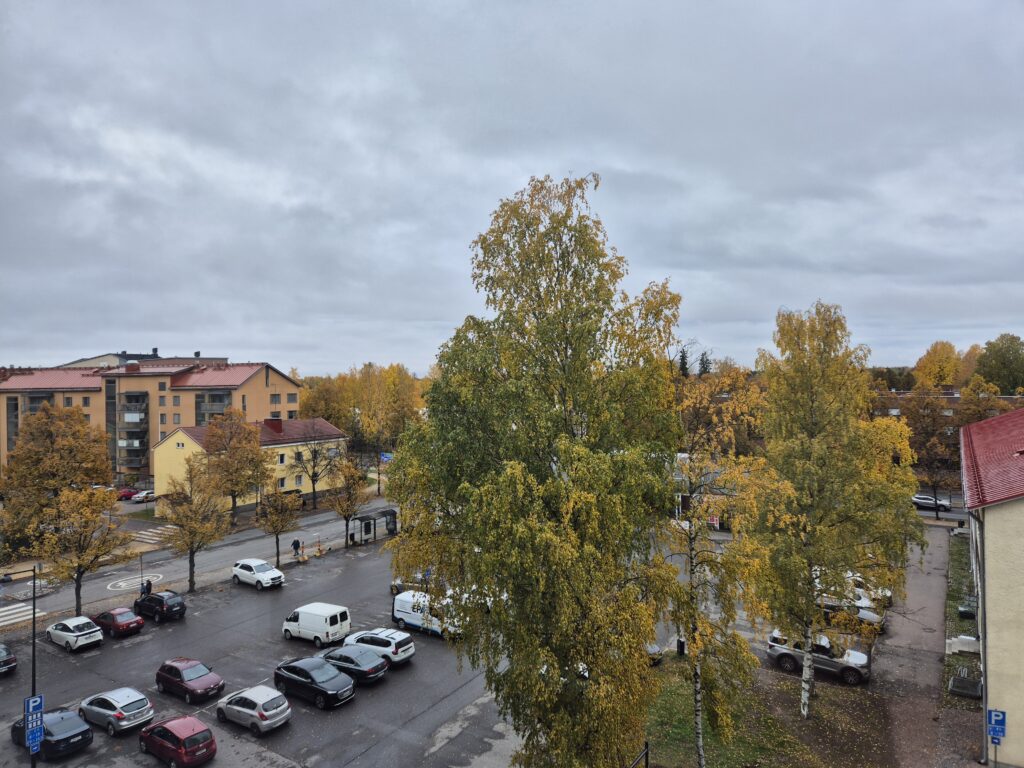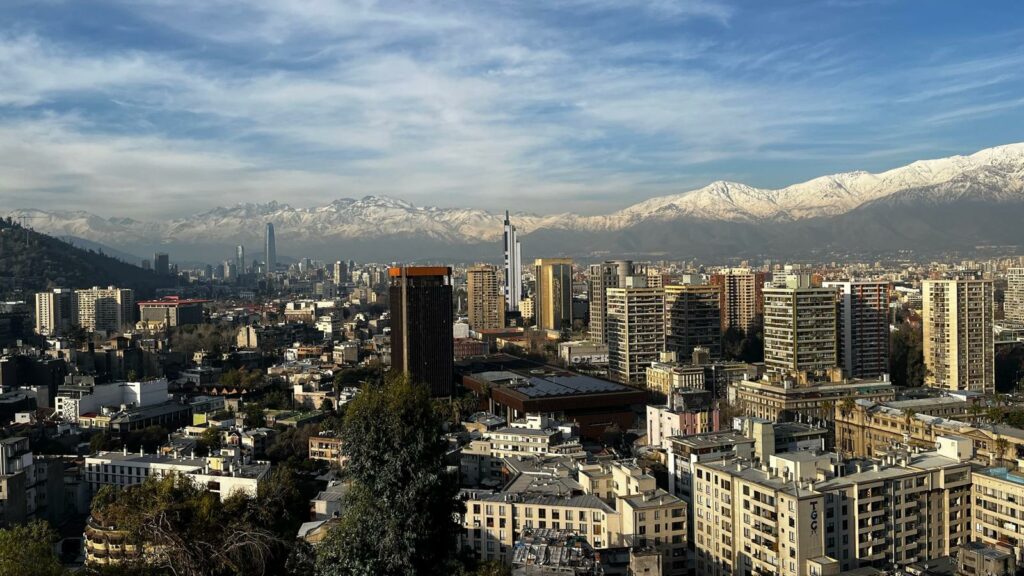The project began in September as a collaboration between Laurea University of Applied Sciences and Universidad del Desarrollo. The project team was pre-assembled, as is often the case in such endeavors. It’s rare that you get to choose the people you’ll be working with, something often mentioned in publications on project management.
Our team consists of members from multiple nationalities, and all work is conducted remotely across two continents. This is an entirely new experience for me, even though I’ve been in the workforce for decades. It’s fascinating to observe how tasks and projects are becoming increasingly global, with international collaboration becoming the norm.

Forming the Project Team
The team came together smoothly, and tasks were distributed during our very first meeting. We had planned to get to know each other a week after the initial meeting, but due to scheduling conflicts, we didn’t meet during that time. However, we used this period to reflect on the project itself and our roles within the group, which made it easier to get started when we officially began.
One of the biggest challenges we’ve faced so far has been scheduling meetings. With a team split across diKerent time zones—three members in Finland and two in Chile—coordinating calendar invites has been tricky. Despite these hurdles, we’ve managed to overcome the timing issues thanks to the flexibility of the team. Everyone has been willing to adjust, ensuring that the project keeps moving forward.

Collaboration and Team Spirit
Despite the logistical challenges, the team’s collaboration has been excellent. It’s clear that everyone is motivated to help one another and work together to achieve our shared goals. This spirit of cooperation has been a significant factor in our ability to navigate the challenges that naturally arise in international projects.
Project Assignment
The objective of the project is to identify new markets for a Chilean company, focusing on English- or Spanish-speaking countries. These markets are further limited by specific time zones, primarily within South America. As the team began to explore this challenge, we quickly realized that Spanish-speaking countries were not an option since no one on our team speaks Spanish.
Fortunately, we found a solution to this geographic challenge by broadening our search northward. This allowed us to identify suitable time zones where English is spoken, fitting the criteria provided by our client. Through this creative problem-solving, we were able to move forward with confidence.
Final Thoughts
Working in an international project has been a rewarding experience that has tested our flexibility, problem-solving skills, and ability to collaborate across cultures and time zones. While it comes with its unique set of challenges, such as scheduling and language barriers, the project has highlighted the growing importance of global teamwork in today’s work environment. I look forward to seeing how the rest of the project unfolds and what new skills and insights we’ll gain along the way.
Suurin osa Showcasen blogeista on toteutettu osana Laurean opintojaksoja. Koko koulutustarjontaamme voi tutustua nettisivuillamme. Tarjoamme kymmenien tutkintoon johtavien koulutuksien lisäksi myös paljon täydennys- ja erikoistumiskoulutuksia sekä yksittäisiä opintojaksoja avoimen AMK:n kautta!